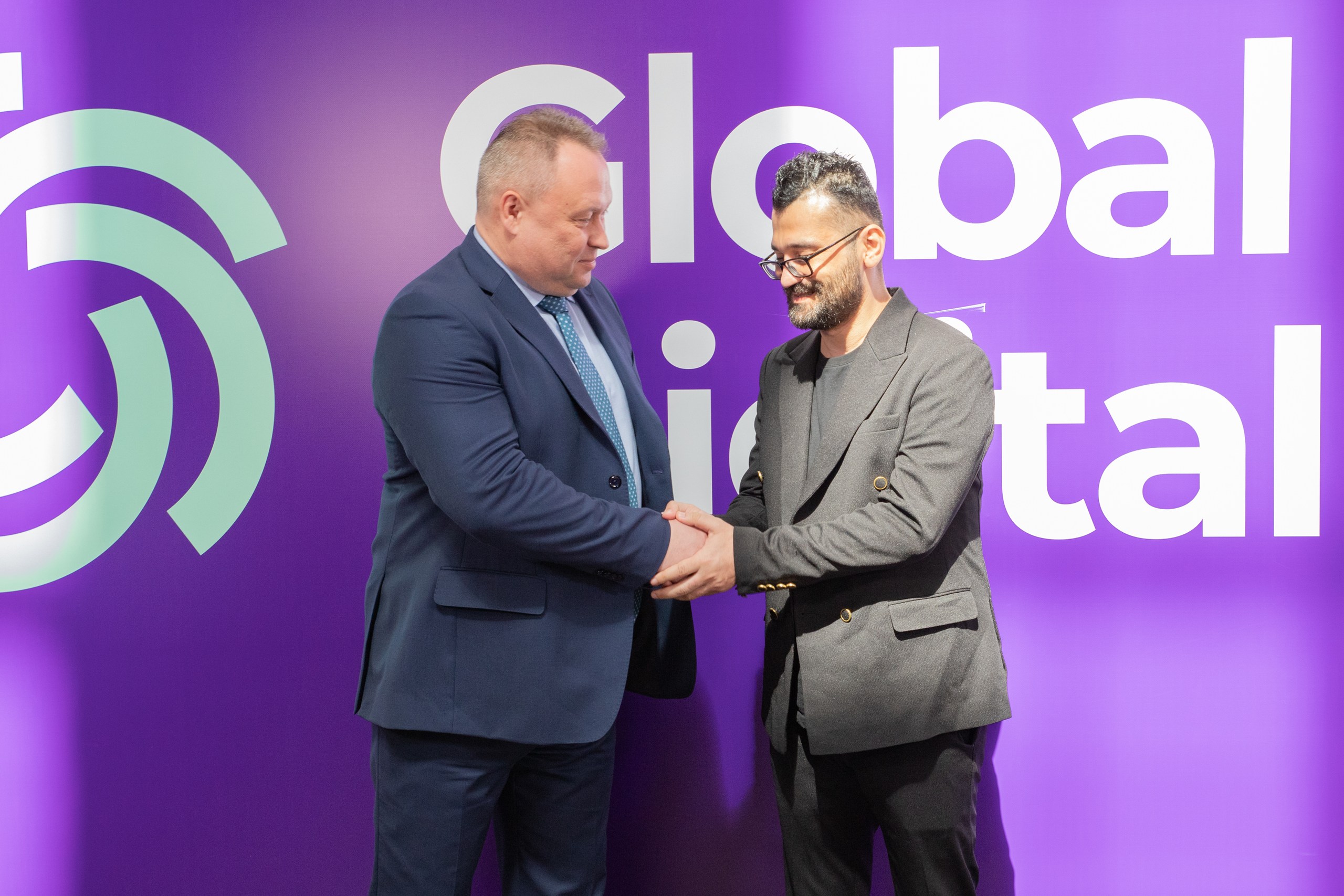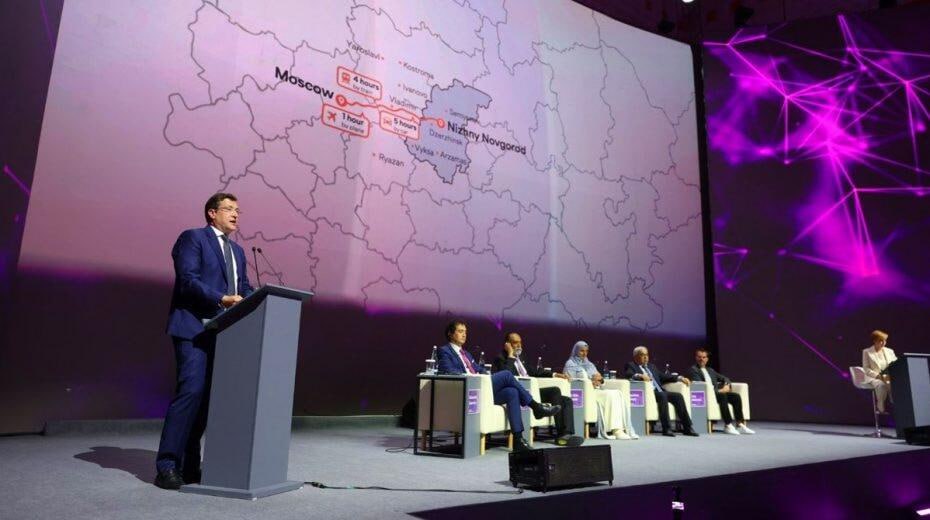At the Global Digital Forum in Nizhny Novgorod, a cooperation agreement was signed between PJSC Rostelecom and representatives of foreign states, including countries from Asia and Africa. The agreement outlines opportunities for multilateral cooperation in priority areas of digital development and aims to strengthen partnerships in telecommunications, digital education, e-government services, content localisation, and knowledge exchange.
The agreement provides for:
· Joint efforts and project implementation in the field of digital technologies;
· Organisation of meetings, consultations, and working groups for coordination and exchange of experience;
· Provision of informational and expert support, as well as the implementation of joint initiatives within the framework of digital cooperation.
The signing ceremony served as a logical continuation of the discussion held during the session “Digital Sovereignty: Not Fragmentation, but a Path to Resilience and Connectivity”, organised by Rostelecom with the participation of representatives from relevant ministries of several countries. Participants agreed that strengthening digital independence is impossible without international cooperation, particularly in the areas of data protection, digital infrastructure development, and human capital advancement.
Eldar Gaifutdinov, Deputy Head of the Presidential Directorate for ICT and Infrastructure Development of the Russian Federation, described digital sovereignty as “a state's ability to independently control and manage digital infrastructure, data transmission, and technologies, as well as to regulate the digital space in order to minimise dependence on foreign solutions and external threats.” He emphasised that Russia is ready to share its experience in achieving technological independence, developing infrastructure, and ensuring information security.
Rostelecom presented a range of proven solutions to its partner countries, including:
· Video surveillance systems used in Russia during examinations and elections;
· The Unified Data Transmission System – a virtual network providing access to state information systems and the internet for socially significant facilities;
· pLTE, DMR, and M2M communications technologies used in key sectors of the economy;
· Industrial process automation solutions;
· Data centre services and cybersecurity tools.
Such partnerships are especially relevant for countries already implementing national digital transformation strategies. For instance, the Republic of the Congo is carrying out the “Congo Digital 2025” programme as part of its National Development Plan, aimed at developing telecom infrastructure, the IT sector, and the digital environment. Rostelecom’s expertise and its readiness to localise its solutions could serve as a catalyst for such initiatives.
The parties expressed confidence that the agreements lay a solid foundation for sustainable digital development based on sovereignty, security, and equal access to technology.




